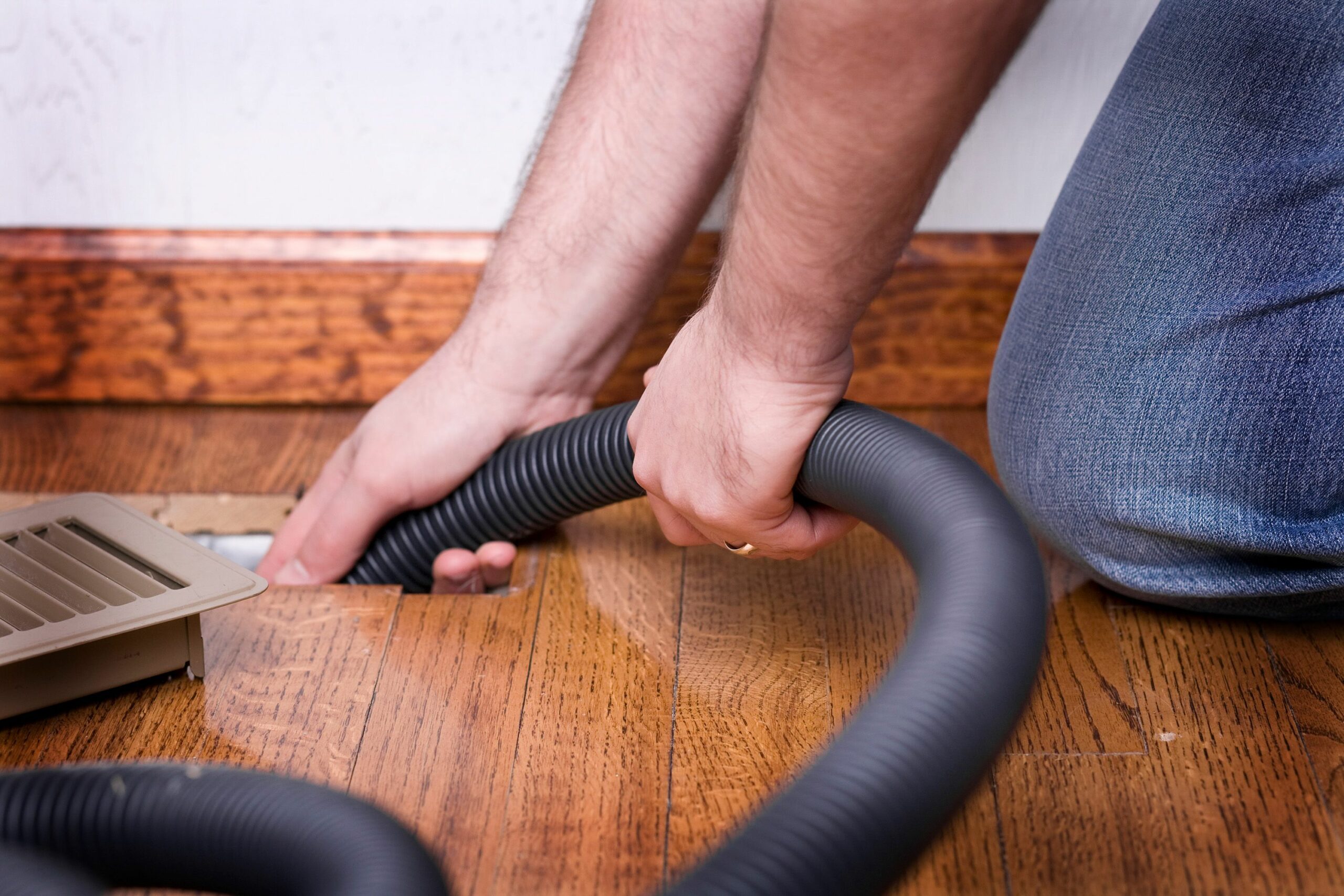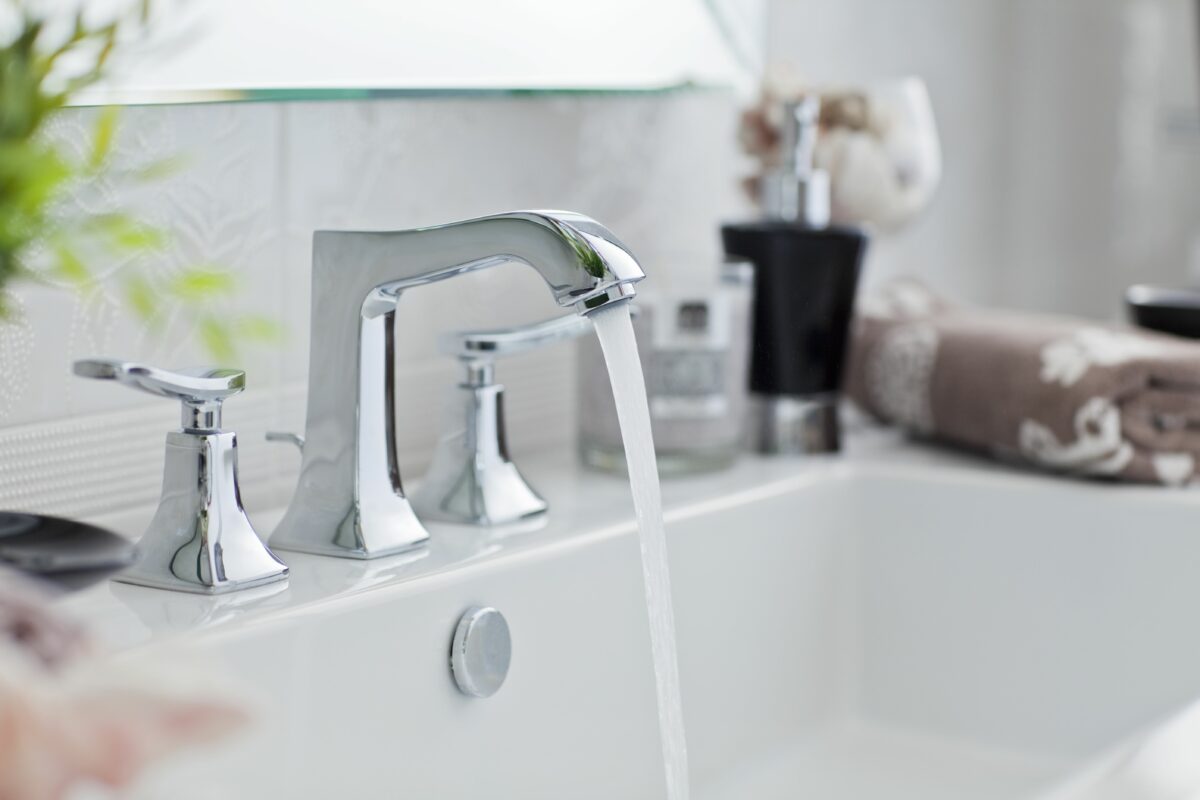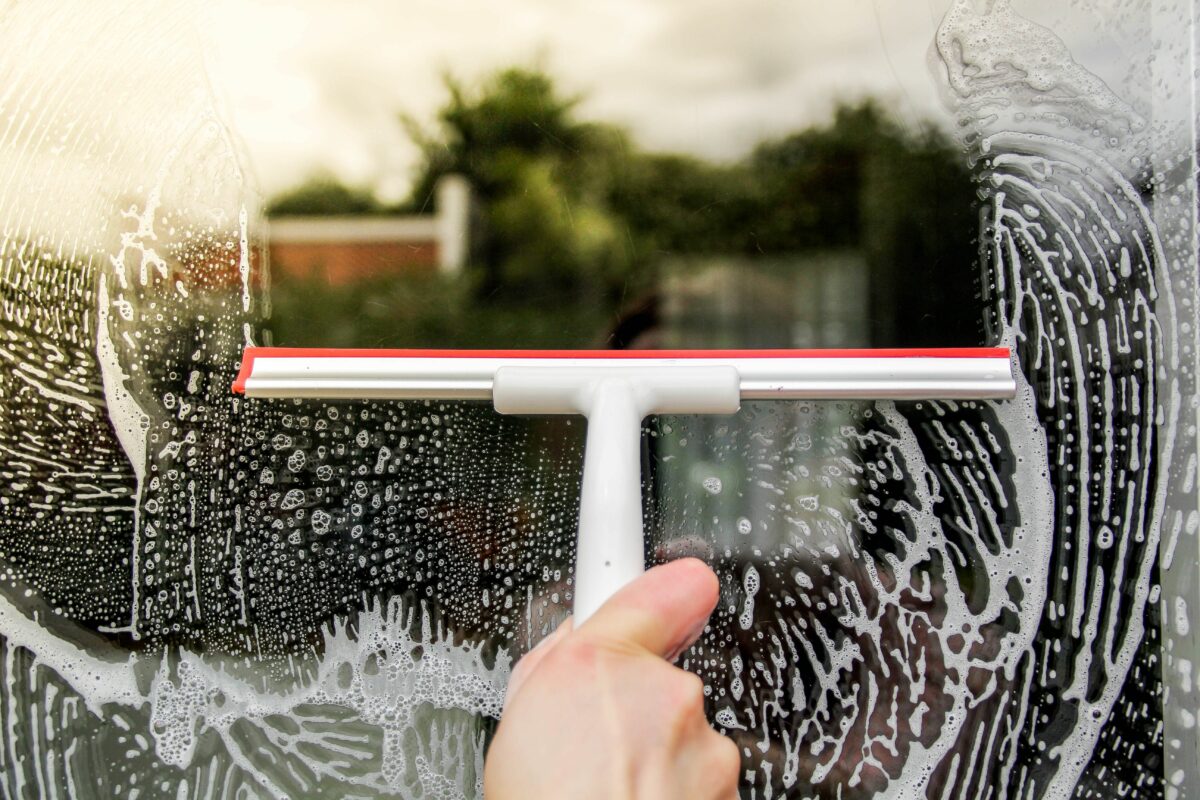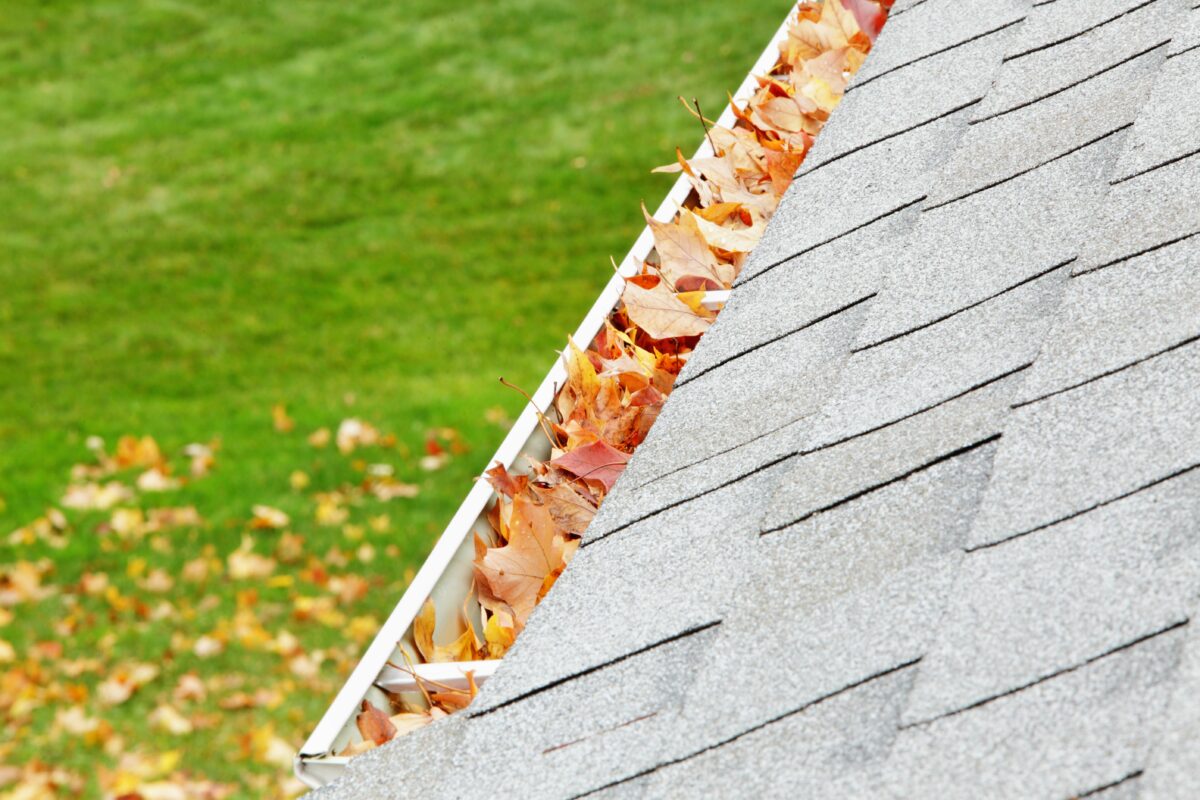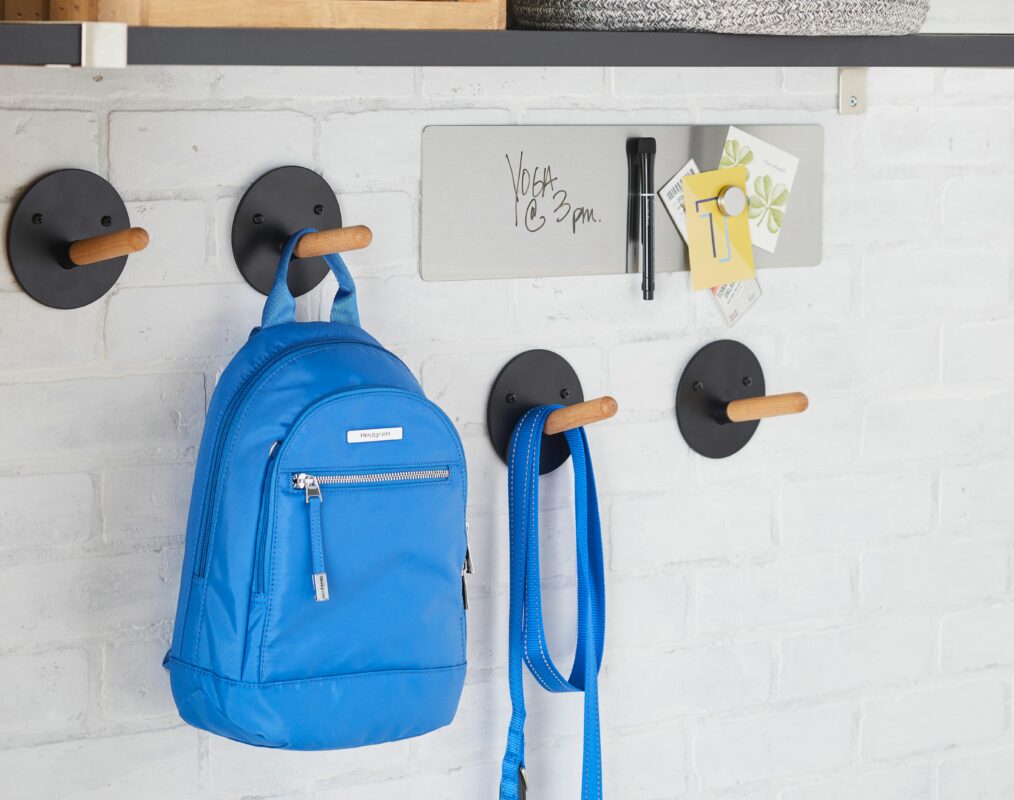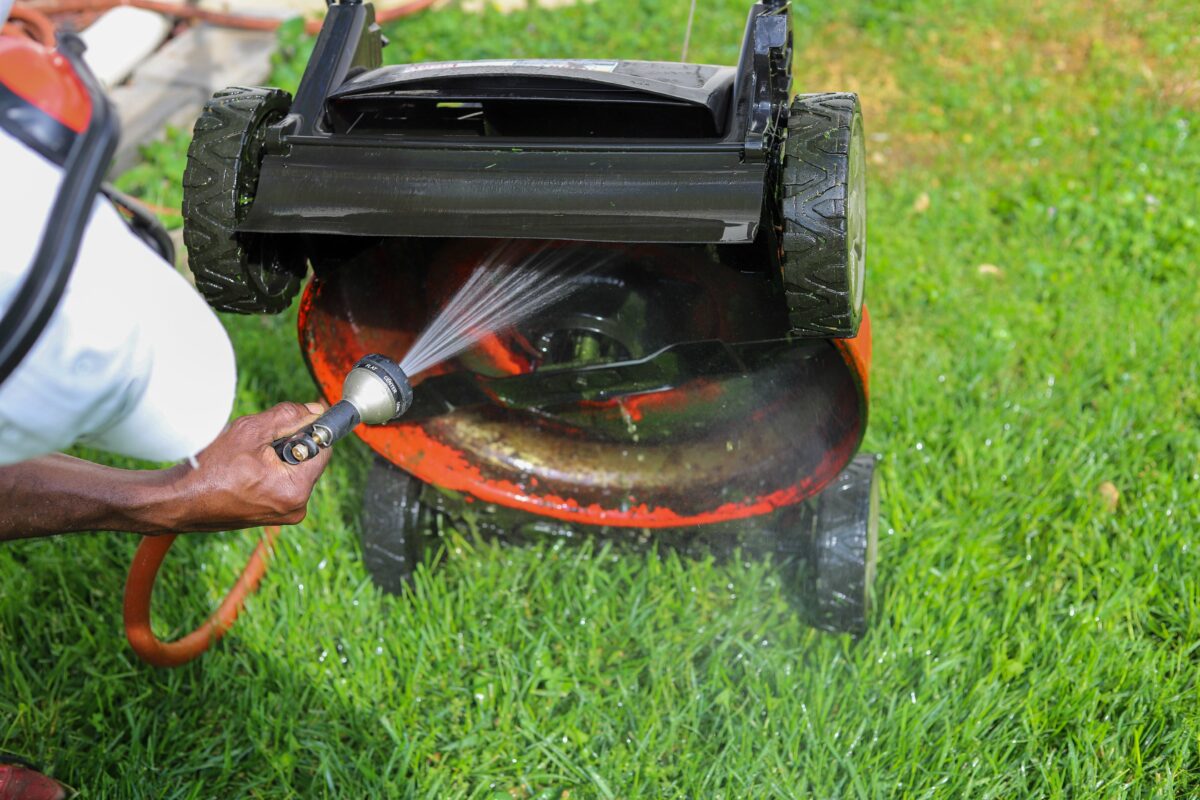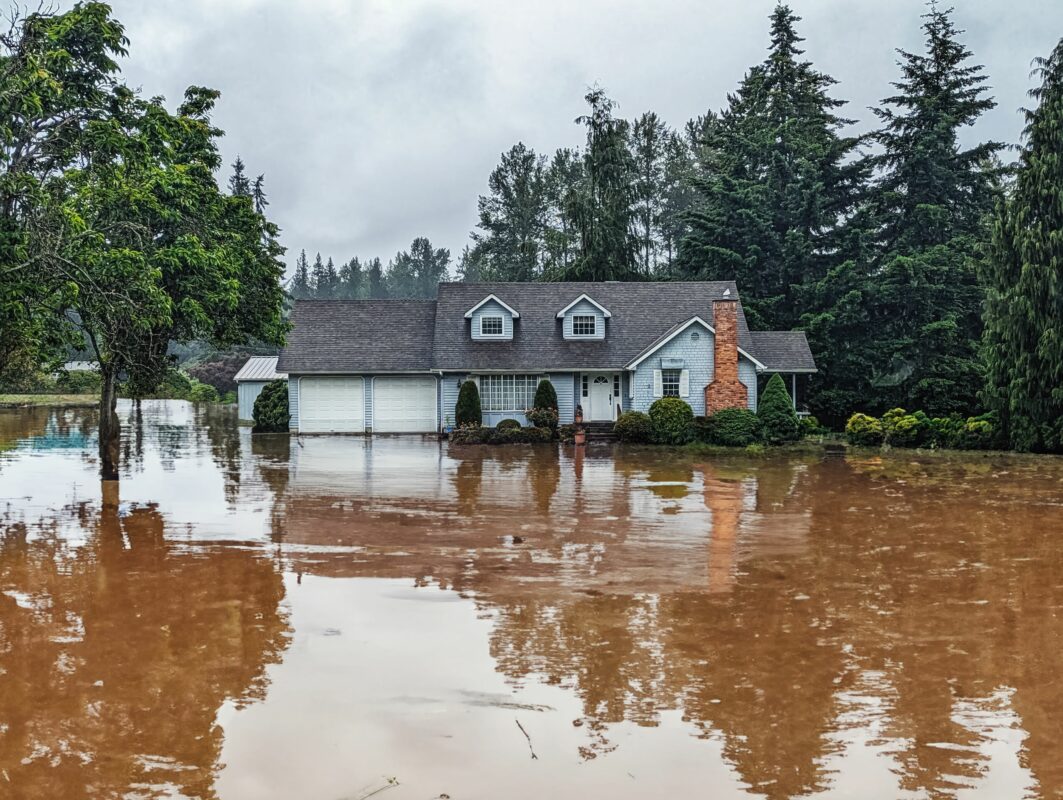If you’re concerned about reducing allergens in your home, improving your HVAC’s efficiency and maintaining good indoor air quality, cleaning your air ducts might be the answer—but is it really necessary, or is it a maintenance expense you can skip?
Although regular maintenance can help reduce the wear and tear on your system, a rigid air duct cleaning schedule may not be needed. To learn more about how to maintain your air ducts, we talked to Gráinne Cunniffe, PhD, who is the science lead at Allergy Standards Limited. Ahead, she shares her professional insight on whether you should clean your air ducts, how often to do it and more resources to tap into to educate yourself on the process.
Experts Say You Don’t Need to Clean Your Air Ducts Regularly
Cunniffe summarizes that according to the US Environmental Protection Agency (EPA), you should only clean your air ducts on an as-needed basis because experts often debate the perceived benefits. Though logic may tempt you to keep up with an annual air duct cleaning schedule, scientific evidence doesn’t support the need. And studies do not conclusively show that dirty air ducts increase particle levels in homes (or that cleaning) reduces these levels or helps prevent health issues. The EPA also further indicates that most dirt in air ducts actually sticks to the duct’s surface (so it never even enters your living spaces).
Cunniffe also points to the National Institutes of Health (NIH)’s stance, which is that “duct cleaning should be undertaken as a last resort and after a contaminant source has been identified and controlled.”
In fact, other indoor and outdoor pollutants often pose a greater risk to the health of your home. Think: Smoking, cleaning, cooking, cleaning, or even just moving in your spaces. Overall, the EPA advises cleaning your ducts only when necessary. However, if you have any fuel-burning appliances, it’s critical to inspect each to prevent carbon monoxide poisoning. And, cleaning cooling coils and heat exchangers can boost your system’s efficiency (but not cleaning ducts alone).
How to Know If You Should Clean Your Air Ducts
Experts say you don’t need to stick to a regular cleaning schedule, but that doesn’t mean you’ll never need to clean your air ducts. One of the first signs to look out for is if you or any of your household members are experiencing unusual symptoms or illnesses that can be traced back to your environment. This is key because a dusty return does not automatically indicate contamination.
To learn more, you can turn to the EPA ‘s indoor air pollution medical guide as a resource to help you identify possible air quality causes, along with potential solutions. You might also be able to mitigate air quality issues with the help of an air purifier.
Do You Need to Hire a Professional for Air Duct Cleaning?
You can skip annual cleanings, but don’t overlook visual inspections. “An inspection can help determine if air ducts need cleaning by checking for visible dust buildup, mold growth, or signs of pest infestations, offering a clear indication of when professional cleaning may be necessary,” Cunniffe says.
If you’re considering going the DIY route, Cunniffe says you should only start the process if you have the right tools and skillset. This is because improper cleaning can actually do more harm than good, releasing contaminants or damaging your HVAC’s components. If you’re unsure (or if your situation is unsalvageable, with wet or moldy insulation), it’s best to call a professional.
“If you’re experiencing specific issues in your home, it may be helpful to consult a qualified professional, as maintaining good indoor air quality helps maintain a healthy living environment,” Cunniffe says.
How to Find the Right Professional
Diving into the world of air duct cleaning can turn risky if you don’t do your due diligence when searching for a reputable company or technician. Some cleaning companies might try to talk you into unnecessary routine cleanings to increase their business. Before hiring a professional, ask yourself: Do they have experience and licenses to do the job right? Do they have any local complaints? Are they making an unsubstantiated health claims or recommending routine cleaning without reason?
Always secure a written estimate and agreement before your job starts that outlines your project cost and scope (so you don’t end up with a large, unexpected bill).
According to NIH, before you hire a duct cleaning contractor, it’s important to confirm a few questions beforehand. If you can answer “yes” to all of these questions, it might be time to hire a professional.
- Do you notice any visible contaminants in your ductwork?
- Can you pinpoint which types (and the amount of contaminants present) based on testing or direct observation?
- Could any of these contaminants (or their by-products) seep into your living spaces?
- Have you identified and addressed the source of the contamination?
- Will a duct cleaning service truly eliminate or neutralize the contaminants?
- Have you looked into other options, like removing the affected ductwork?
- Is duct cleaning the only (or best) solution available?
How to Clean Your Air Ducts
If you do decide to clean your own air ducts, our step-by-step guide can help you do it correctly. You can also make things easy on yourself by choosing the right HVAC system to begin with, Cunniffe explains. “[Since] HVAC systems push air through the air ducts that run throughout the home in walls, ceilings, and floors [the] movement of air through these HVAC/furnace systems has the potential to transport indoor air pollutants including allergens and irritants,” she says.
“An effective central HVAC system with a replaceable or washable HVAC filter is a great way to control indoor air quality,” Cunniffe says. She suggests choosing an HVAC filter that has been independently tested and certified to ensure that the air entering your living space has been adequately filtered.


